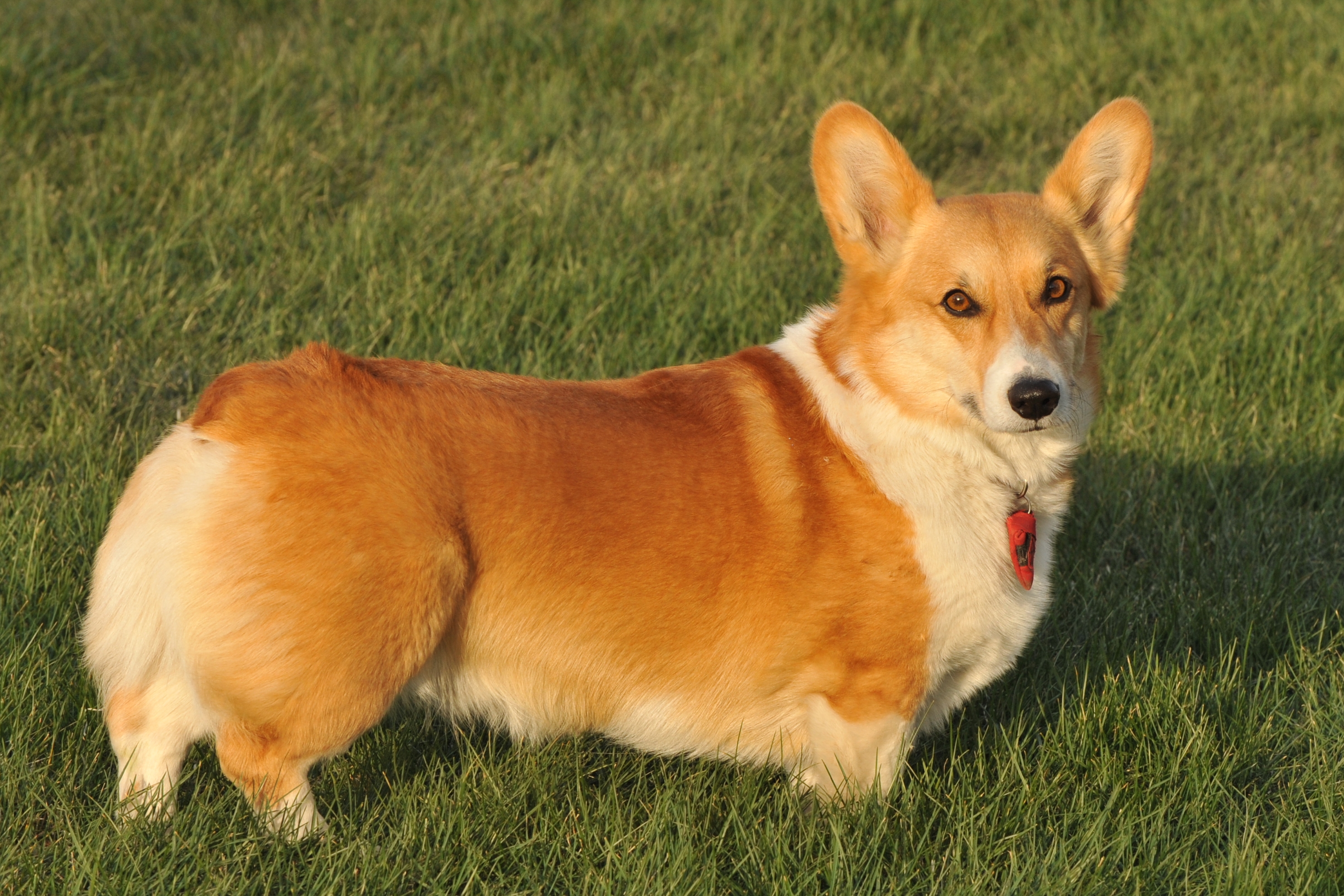Pembroke Welsh Corgis: Behind the Adorable Short Legs
Introduction
The Pembroke Welsh Corgi, with its endearingly short legs and expressive eyes, has captivated the hearts of people worldwide. However, beyond their undeniable charm, these canines embody a captivating complexity that warrants exploration. This essay delves into the complexities of Pembroke Welsh Corgis, scrutinizing their history, health implications, and enduring popularity. By examining multiple viewpoints and delving into pertinent research, we will unravel the intricate tapestry that makes these extraordinary dogs an enduring source of fascination.
Historical Origins and Functional Legacy
Pembroke Welsh Corgis trace their lineage back to the 10th century, originating in Wales and bred to be adept herding and cattle-driving dogs. Their short stature and robust build allowed them to nip at the heels of livestock, guiding them with remarkable efficiency. Over time, Corgis became cherished companions to Welsh farmers, earning a reputation for their unwavering loyalty and tireless work ethic.
Health Considerations and Genetic Traits
The Pembroke Welsh Corgi's distinctive short legs, a defining physical characteristic, result from a genetic mutation known as achondroplasia. While this trait contributes to their adorable appearance, it also predisposes them to certain health concerns. Intervertebral disc disease (IVDD) is a common ailment among Corgis, occurring when the discs between the vertebrae bulge or rupture, compressing the spinal cord and causing severe pain and neurological issues. Additionally, hip dysplasia, a condition where the hip joint does not develop normally, is prevalent in this breed.
Addressing Health Concerns and Responsible Breeding Practices
Recognizing the health challenges faced by Pembroke Welsh Corgis, responsible breeders prioritize selective breeding practices to minimize the prevalence of inherited disorders. Genetic testing and careful screening of breeding stock help identify individuals predisposed to IVDD and hip dysplasia. Moreover, providing Corgis with appropriate exercise and maintaining a healthy weight can further reduce the risk of developing these conditions.
Popularity and Enduring Appeal
Despite the potential health concerns, Pembroke Welsh Corgis remain immensely popular companion animals. Their affectionate nature, intelligence, and unwavering loyalty have endeared them to countless families. Notably, the breed gained widespread recognition and adoration after becoming the preferred canine companion of Queen Elizabeth II. This royal endorsement has significantly contributed to the Corgi's global fame and popularity.
Conclusion: Embracing Complexity and Enhancing Well-being
The Pembroke Welsh Corgi, with its endearing short legs and captivating personality, is a breed of undeniable complexity. While their distinctive physical traits and charming demeanor have made them beloved companions, it is essential to acknowledge and address the potential health concerns associated with their genetic makeup. Through responsible breeding practices, proper veterinary care, and informed ownership, we can enhance the well-being of these extraordinary dogs. By cherishing the complexities that make Pembroke Welsh Corgis so special, we not only celebrate their unique attributes but also ensure their continued role as cherished companions for generations to come.
Yorkshire Terriers And Their Excellent Health And Lifespan
How To Care For An Asian Semi-longhair Cat
The Origins Of The American Bobtail: A Truly American Breed

)

